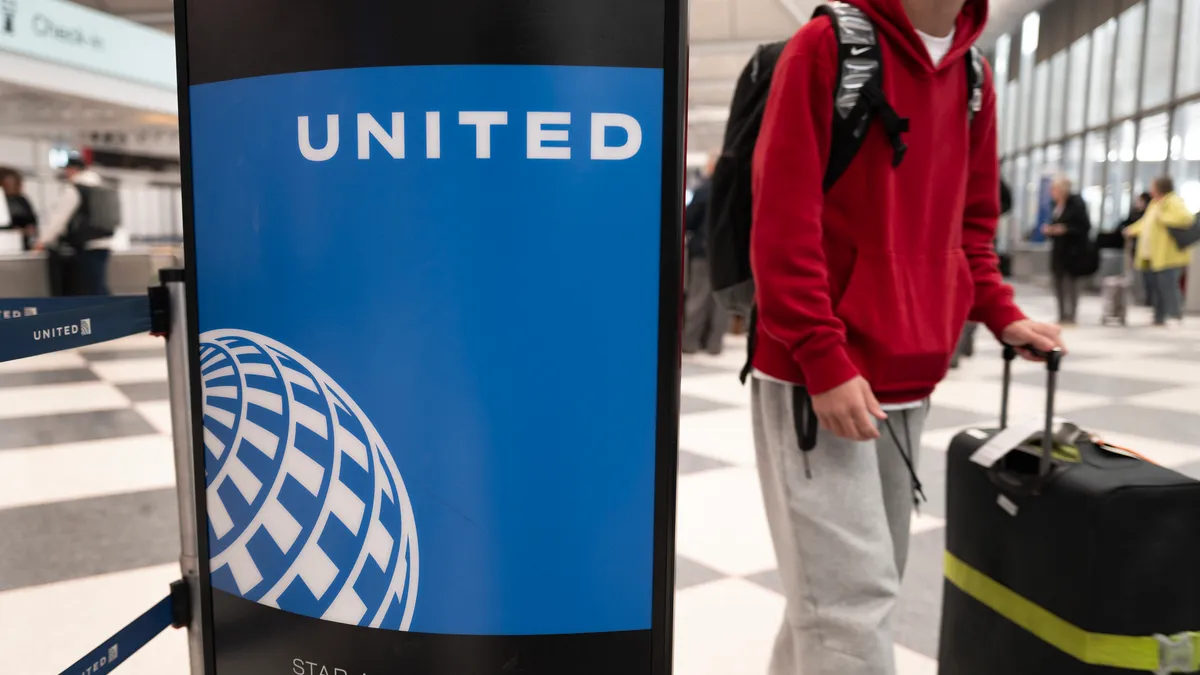Dive Brief:
- United Airlines is “probably doing more AI than anyone” as investments in the technology continue, CEO Scott Kirby said during an investor conference last week. A lot of the airline’s efforts are still in the experimental phase, he said.
- The company is using AI to share flight details with customers and to update labor contracts. In the latter use case, Kirby said AI is more accurate and faster than humans. Baggage recovery is another AI pursuit.
- Not every use case is successful. For predictive maintenance, AI “hasn’t worked as well as we thought,” Kirby said. Despite the challenges, the company is still experimenting in this area and has had a few isolated cases that were fruitful.
Dive Insight:
Enterprises are full of potential AI pursuits, spanning departments and roles. Some use cases are more impactful than others.
Most businesses struggle to identify which ideas to launch at scale. Around 7 in 10 decision-makers have more potential AI opportunities than they can possibly fund, according to a Snowflake report. Early AI adopters have found it challenging to lean on metrics like cost and business impact when deciding what project to prioritize.
CIOs who can help organizations avoid dead-end AI use cases are an asset, according to analysts. The alternative could bring consequences. Decision-makers worry about job security and their company's market position if they advocate for the wrong use case, Snowflake found.
Technology leaders can't make decisions about AI adoption in a silo. Sorin Hilgen, chief digital officer and in-country CIO at convenience retailer EG America, told CIO Dive that deciding which use cases to tackle is a collaborative effort among business leaders, who take into account timelines and resource availability.
Goldman Sachs takes a similar approach.
“We started with an enormous number of [AI] use cases, and we whittled it down to the use cases that we want to spend money on,” COO and President John Waldron said during an investor conference last week.
Enterprises can’t chase every lead. The share of companies abandoning most of their AI initiatives bumped up to 42% this year, compared to 17% last year, according to analysis from S&P Global Market Intelligence.
Analysts have urged CIOs not to interpret every failed AI experiment as a negative signal, however. Promoting a culture of experimentation and encouraging trial-and-error can lead to better results and more engagement, experts say.














